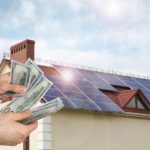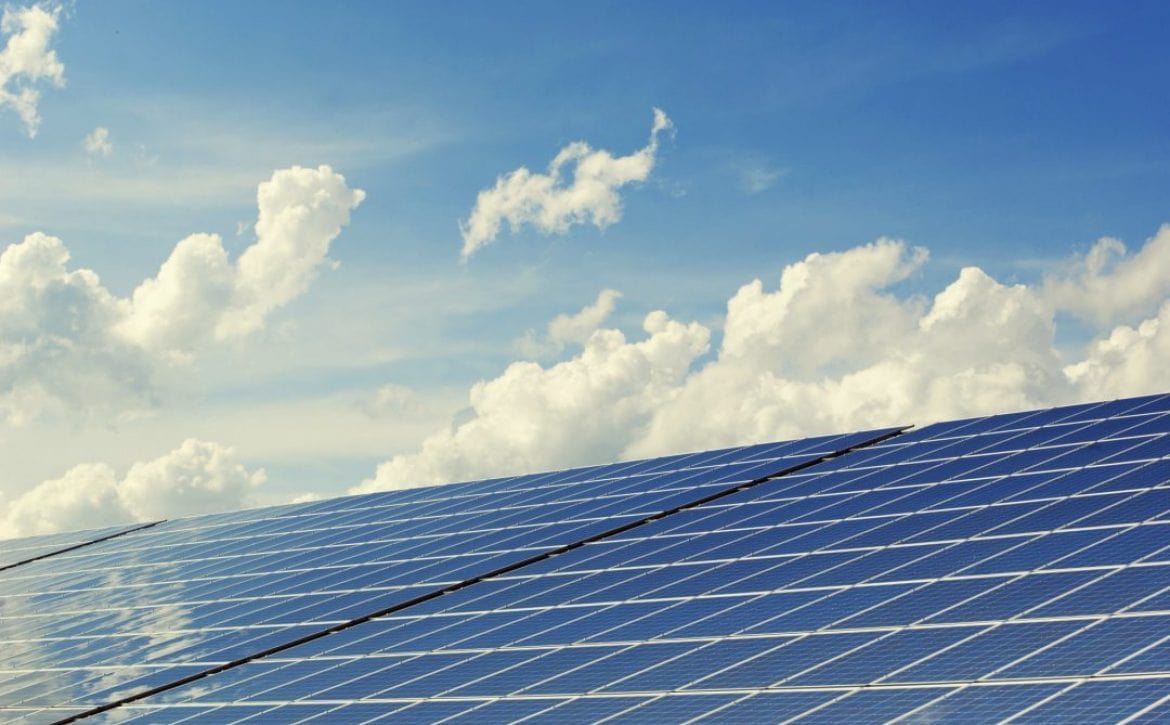The global warming effect and the consequent increase in pollution have prompted everyone to talk about renewable energy. Solar panel systems are the most popular option among renewable energy sources. This double benefit is achieved by reducing electricity costs and reducing pollution. This topic will discuss the best systems available in Brisbane. the Best solar system deals, and the ROI (Return On Investment) for solar systems in Brisbane. Brisbane, the capital of Queensland’s ‘Sunshine State,’ is a city that makes the most of solar energy. Brisbane’s households use more than 30% solar energy to power their homes. This number is increasing. It is the most efficient of all state capitals in Australia. The ever-rising cost of electricity and generous federal rebates make solar panel systems in Brisbane a lucrative investment.
Brisbane is a significant city with the advantage of having solar panels and inverters at competitive prices. Polycrystalline panels are the most suitable due to ample sunshine. Monocrystalline panels are a good option if the budget is acceptable. Due to their technological advantages, monocrystalline panels have replaced polycrystalline panels in the market. If you have a shading problem around your property, you can request a Half-cell solar panel system in Brisbane that suits your budget. You can choose from a variety of inverters that use the latest technology. Our solar experts can help you choose the right solar panel system for your needs and budget. Individually, the most important reason for going solar is to lower your ever-rising electric bills. The solar panel system is an affordable and accessible option. This is because the Australian Federal Government’s solar incentive scheme subsidizes the cost of solar panel systems in Brisbane. STC (Small Scale Technology Certificate), a rebate or subsidy, allows you to get a discount on the price of the solar panel system. A feed-in tariff (FIT) is a benefit you receive from your solar system. Even if you cannot use all the solar energy your system produces, you can still receive financial help. Each state regulates the minimum FIT rate, and it varies. You can negotiate a higher FIT rate with your retailer than the announced minimum rate.
STCs for solar systems purchased in Brisbane
The amount of STCs varies depending on where you live. It is phased out every year. STCs range between $500 and $600 per kilowatt of the solar system installed in your Brisbane home. The number of STCs for a 5kW system in Brisbane was 76 in 2020. STC price fluctuates between $34 and $40. Assuming a $38 STC per STC, you received a $2888 total rebate for a 5kW solar system at your Brisbane home in 2020. A 6.6kW solar system installed in your Brisbane home in 2020 can refund you $3800. And a 10kW solar system installed in your Brisbane home allows you to get a rebate of $5776; the total cost of the solar system is thus reduced. The solar rebate is fading out every year, increasing solar system prices. Now is the time to purchase a plan for your Brisbane home, as you will receive benefits immediately.
Solar System Prices in Brisbane
We have noticed that as the Federal Government’s solar rebate is gradually fading away, the price of solar systems in Brisbane increases yearly. The price of solar systems in Brisbane has increased due to technological advancements that have helped reduce the cost of solar panels and the inverter.
A 5kW standard solar system in Brisbane will cost between $3000-$4500. The standard metro installation is a one-story house in the metro area with tin roofing. The price of a Brisbane 5kW Solar System will differ for buildings done on houses with tile or dramatic roofing or double-story or multi-story homes. The cost of a 5kW Solar System in Brisbane can also vary depending on whether the panels are from a particular brand or if they have an inverter. A 6.6kW system in Brisbane will cost between $3500 and $5,000 for a standard install. A 10kW system in Brisbane will cost between $7500 and $9000 for a similar installation.
Solar System Output in Brisbane
Solar systems are considered a long-term purchase, and the life cycle is estimated to be 10-15 years. This is why a question about solar system output is often asked. Before discussing a specific solar system size, we will learn about the factors influencing production and productivity.
- Geographical location
- The panels are oriented in a specific direction.
- The shadow cast by surrounding trees and buildings
- The intensity of sunlight and its season
- Cloud cover or Smog
- Dust and dirt
- Bird droppings
- The quality of the equipment used
- Installation quality
After considering all of the options above, the output from a solar system in Brisbane depends on 4-5 hours of sunlight per day. A 5kW system in Brisbane should provide work between 20kW and 22kW daily. A 6.6kW system in Brisbane will provide an average output of 24kW-26kW daily.
Solar system ROI (Return on Investment) in Brisbane
With electricity bills on the rise, solar is a necessity. The government’s constant support in the form of solar rebates, buybacks, and feeding the excess electricity to the grid also makes it a more profitable option. Thanks to technological advancements, the residential solar system has become increasingly affordable over the last few years. They are using less roof space while generating more power. ROI for a mid-range solar system is usually 4-6 years. Individual consumption and usage patterns will determine the savings on the electricity bill. If you finance your solar system, solar savings can cover your monthly or fortnightly repayments. This allows you to buy a solar system without making a considerable investment and enjoy the benefits over the system’s lifespan, typically around 10-15 years. ROI for a 5kW system in Brisbane could range from 2.5 to 4 years. ROI for a 6.6kW system in Brisbane is between 3 and 5 years, while ROI for a 10kW system in Brisbane ranges from 3 to 5. The ROI of a 5kW system in Brisbane is better than a 6kW system or a 10kW system. The difference is in the savings generated by the more extensive system compared to the minor procedure. This depends entirely on your electricity usage. The above information should help you make a solar systems in Brisbane purchase.








